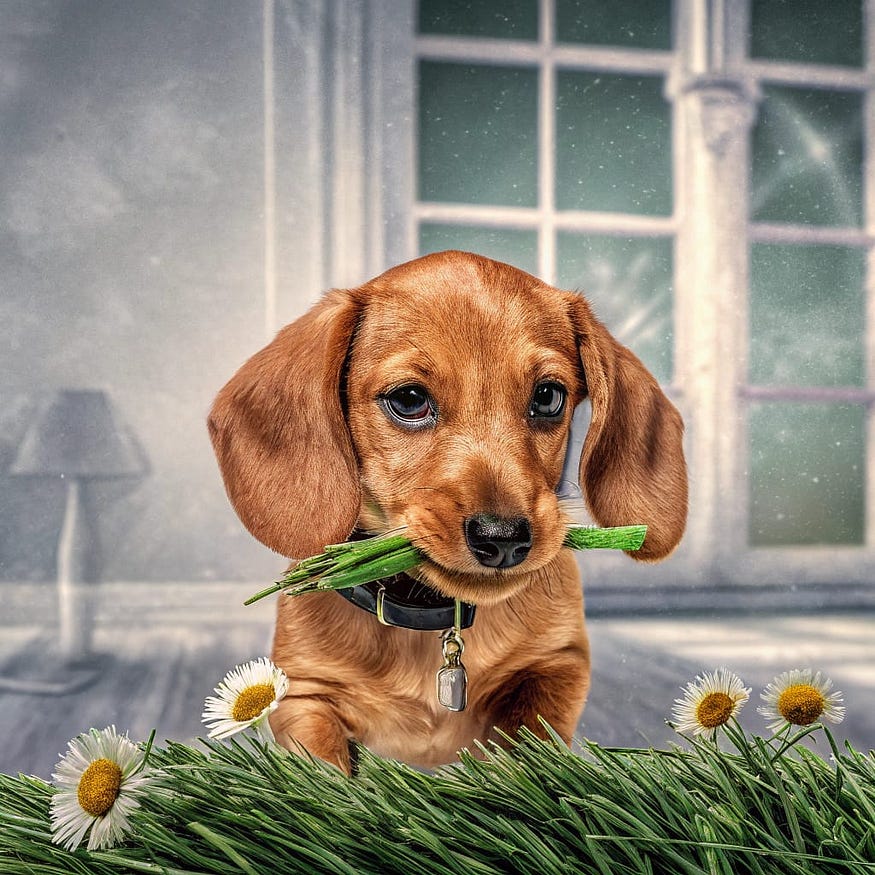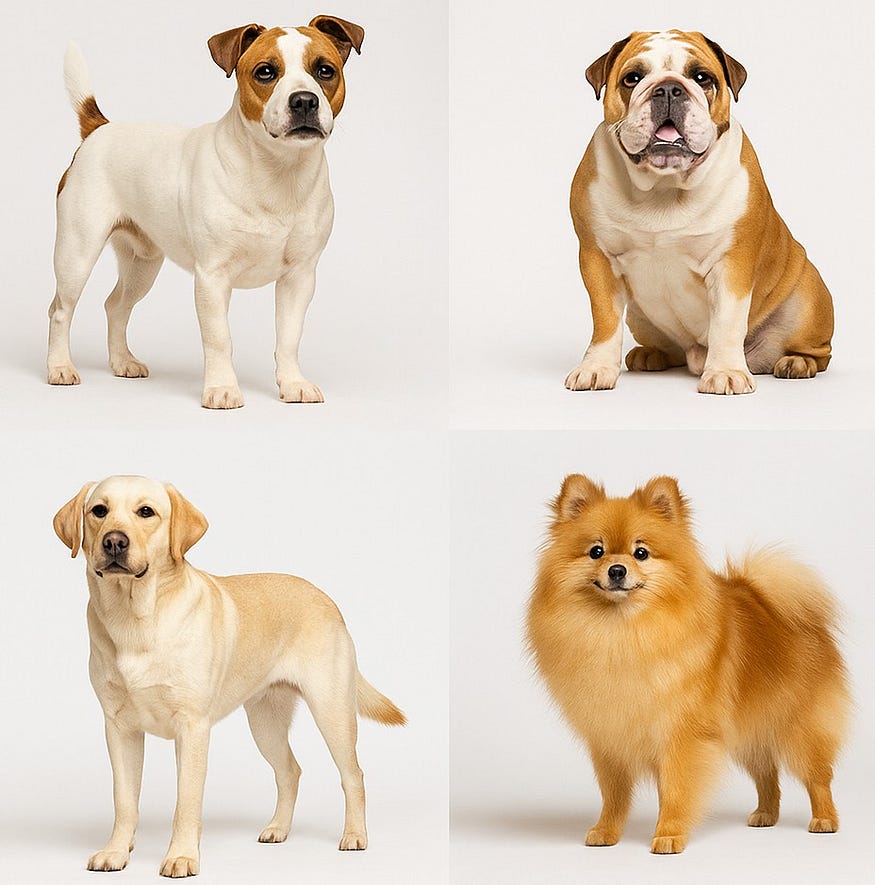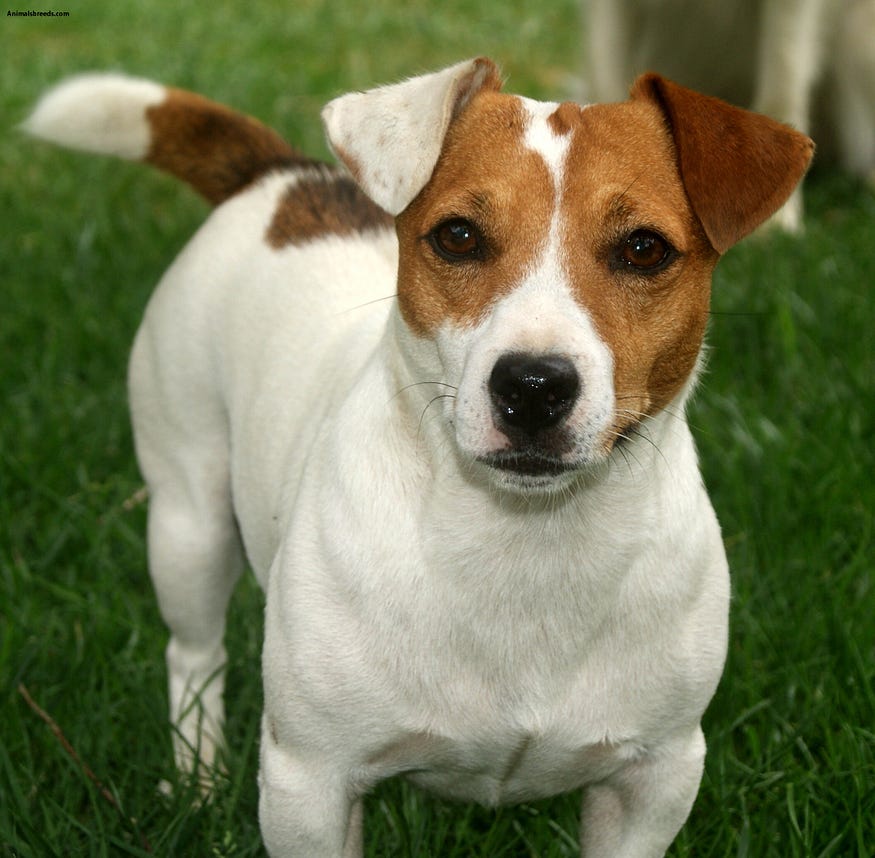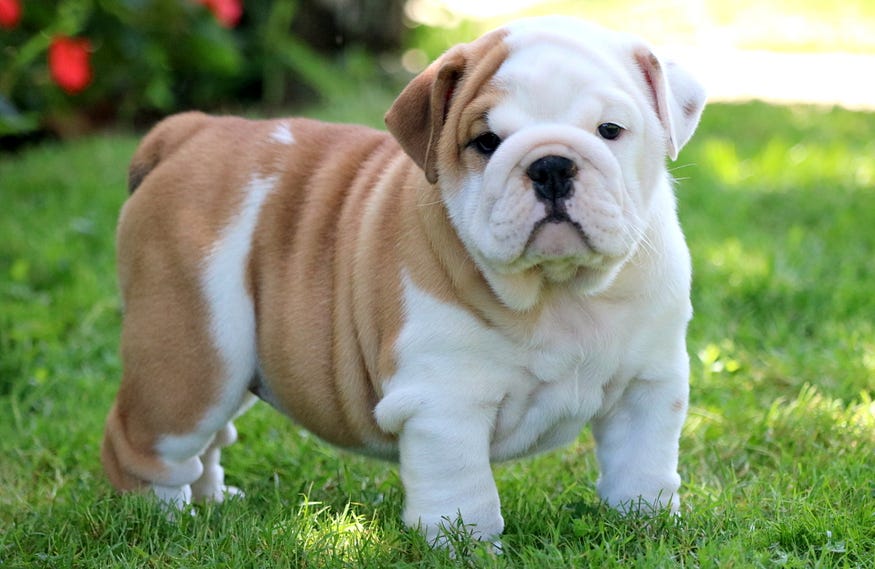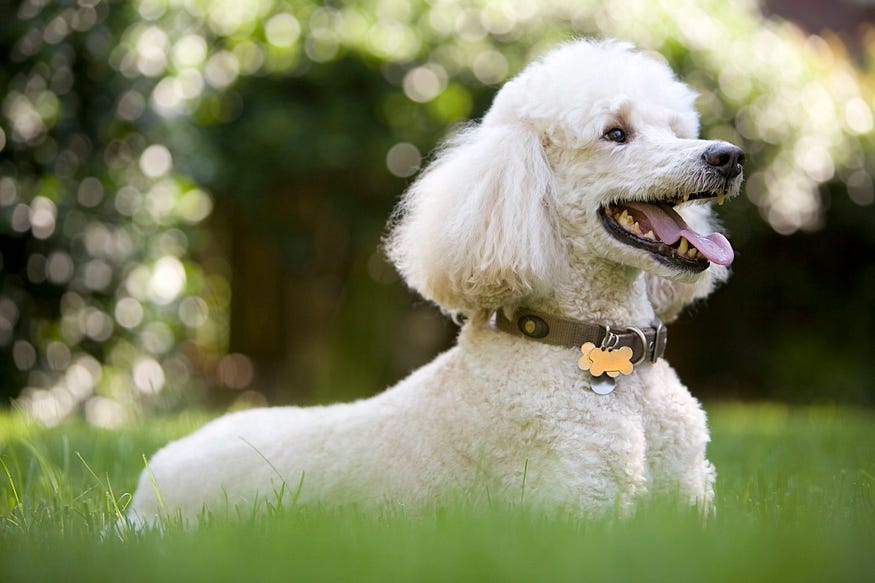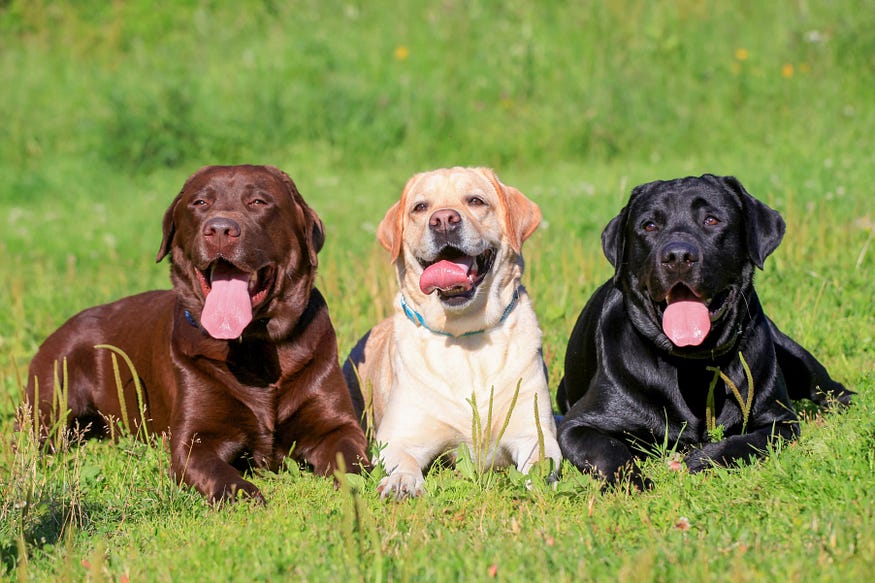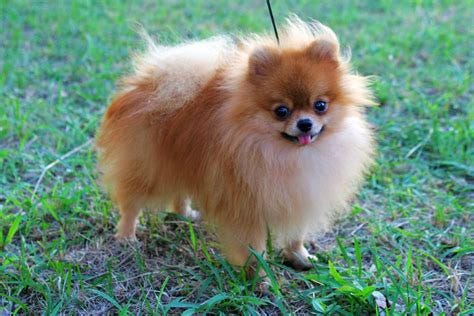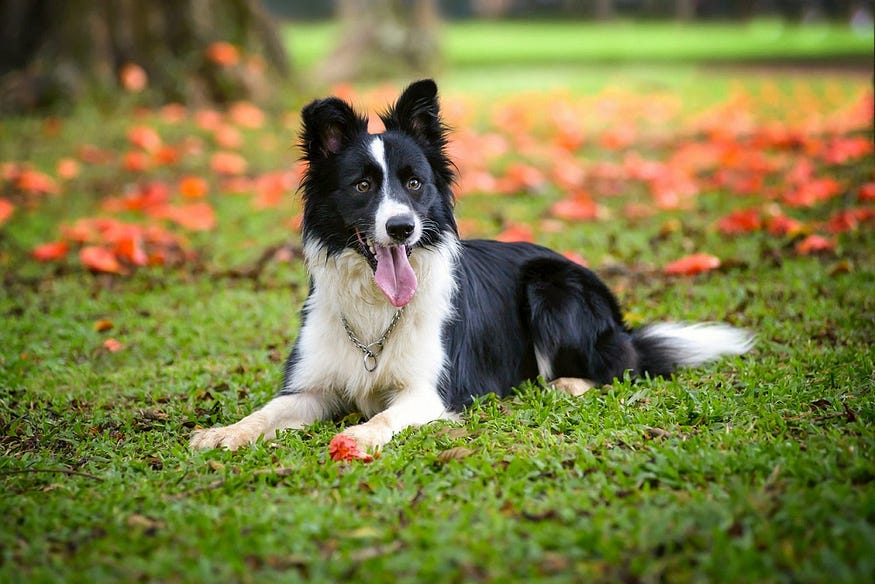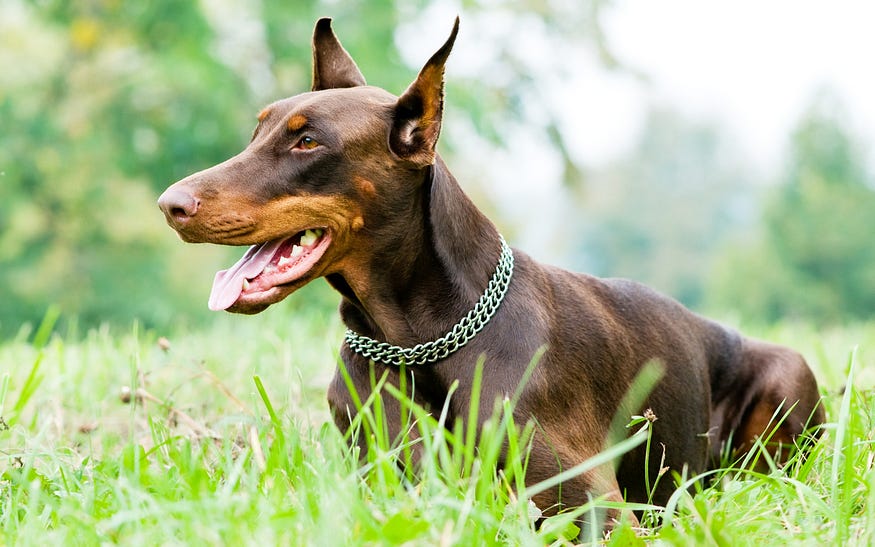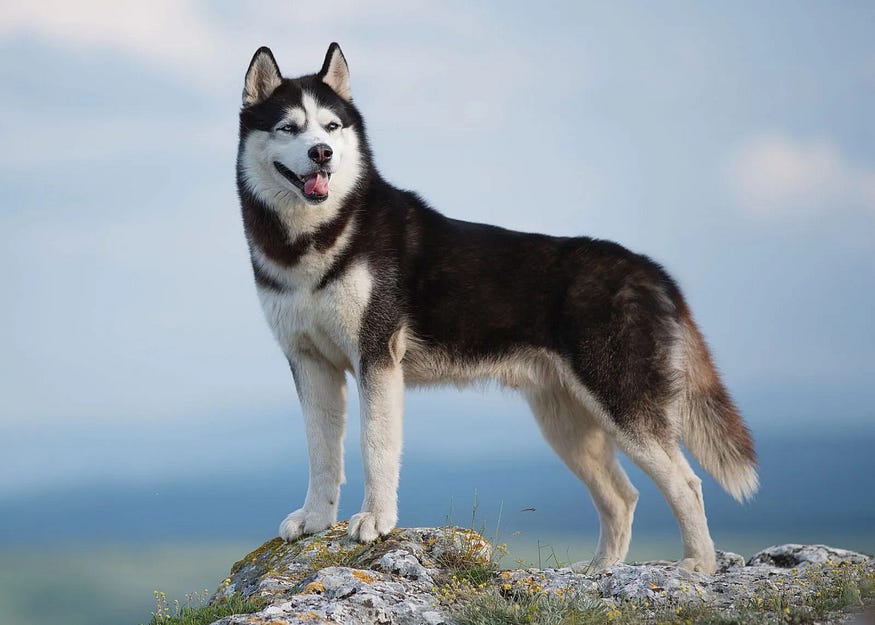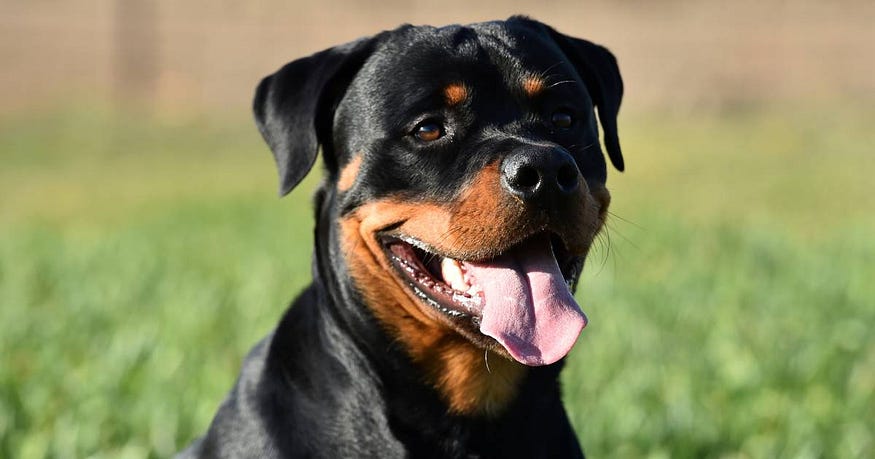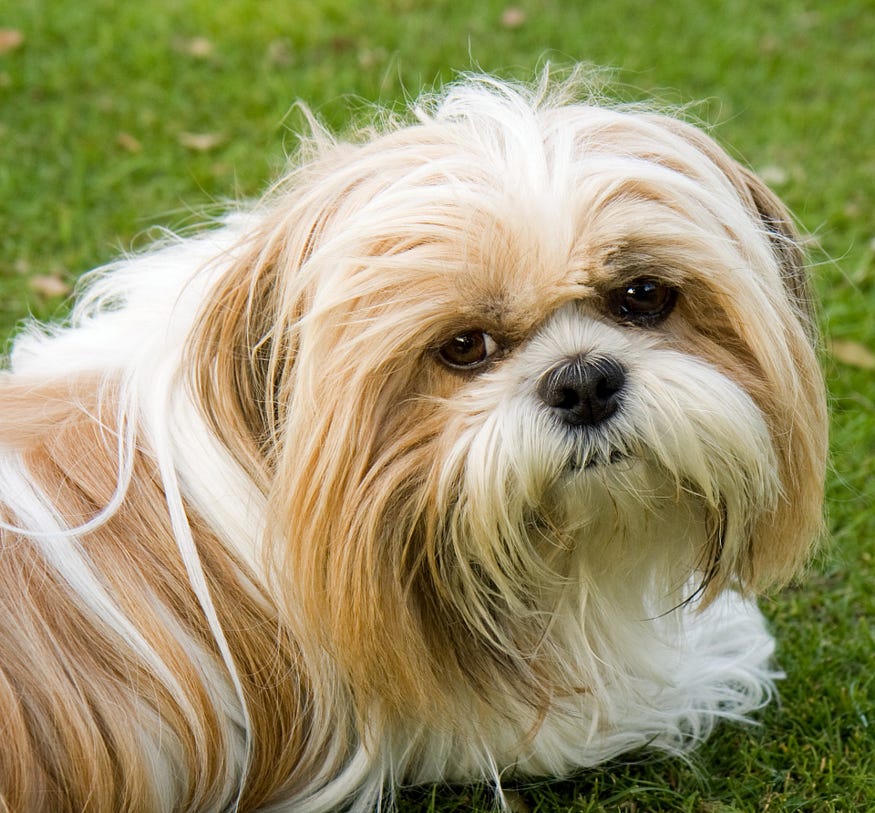Your Week-by-Week Breakdown of Canine Pregnancy, From Mating to Whelping
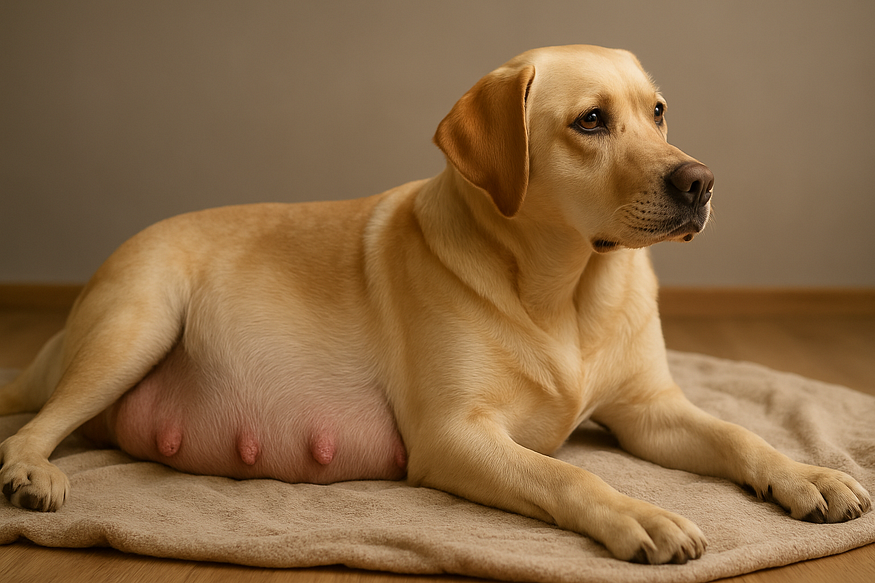
Written by Xena
Introduction
Anyone with a female dog (bitch) has likely witnessed her pregnancy, or gestation, at least once. Subtle shifts in behavior (tenderer than usual, more sleep, appetite ups and downs) often signal pregnancy.
You probably ask: How long does pregnancy last in dogs? The answer isn’t straightforward; canine pregnancy differs from human pregnancy and varies by breed, size, and health of the bitch.
On average, canine gestation lasts about 63 days, typically between 58 and 68 days. If the exact mating date is known, you can predict the whelping day with reasonable precision. Unlike humans, who carry young for nine months, dogs give birth in just nine weeks, a true miracle of nature!
How Can You Tell if Your Dog Is Pregnant?
Some owners spot changes early; others see nothing until the belly expands. The most reliable confirmation comes from a veterinarian. An ultrasound can detect pregnancy around days 25–30; an X-ray (radiograph) is useful after day 45, when fetal bones become visible.
Key symptoms of pregnancy in dogs include:
- Enlarged, darker nipples
- Appetite changes (increased or decreased)
- Vomiting in early weeks (morning sickness)
- Fatigue and behavioral shifts
- Abdominal enlargement (becomes noticeable after week 5)
- Nesting behavior (seeking a quiet spot)
How to Care for a Pregnant Dog
Caring for a pregnant bitch demands special attention:
- Diet: Keep her regular diet until week 5; then switch to nutrient-rich puppy food with higher calories.
- Exercise: Maintain light walks, avoiding strenuous activity and jumping.
- Veterinary care: Schedule regular checkups to monitor the mother and unborn puppies.
- Whelping preparation: Provide a calm, cozy nesting area (like a box with blankets).
Week-by-Week Canine Pregnancy Timeline
Here’s how the process unfolds:
- Weeks 1–2: Fertilized eggs travel to the uterus — no outward signs yet.
- Week 3: Embryos implant; mild nausea may occur.
- Week 4: Ultrasound can confirm pregnancy; nipples may enlarge slightly.
- Week 5: Fetal development begins; noticeable weight gain.
- Weeks 6–7: Belly grows visibly; the mother may tire more.
- Week 8: Nesting behavior begins as whelping nears.
- Week 9 (Days 58–68): Whelping occurs as puppies are born.
These estimates align well with veterinary sources: gestation averages around 63 days, ranging from 58–68 days depending on size, breed, and health.
How Many Puppies Can She Have?
Litter size depends on breed, size, and age of the bitch. Small breeds typically produce 2–5 puppies, while larger breeds often have 6–12 or more. For example, Labradors and Retrievers frequently deliver litters of more than 10.
When to Call the Vet
Though instinct guides most bitches during birth, veterinary help is essential if:
- Labor stalls (more than 2 hours between puppy deliveries), or
- The bitch shows signs of distress or weakness.
Conclusion
While a dog’s pregnancy averages 63 days, each is unique and demands personalized care. Monitoring symptoms, ensuring proper nutrition, and securing veterinary advice are crucial for a smooth delivery and happy, healthy puppies.
Planning to breed or suspect your dog is pregnant? Arm yourself with knowledge, patience, and love, because in the canine world, motherhood unfolds swiftly and with no pause.
Greetings, and until my next article
Xena





